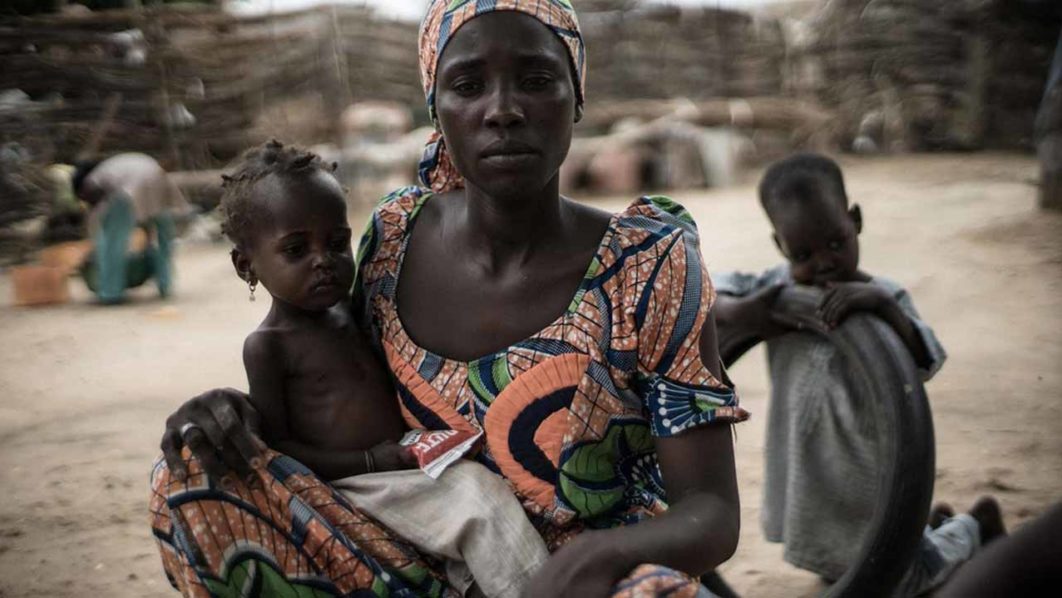
Federal Government has expressed its resolve to tackle malnutrition and ensure that every Nigerian, especially the children, has access to the nutrition they need to survive, grow and thrive.
Deputy Chief of Staff to the President, Office of the Vice President, Ibrahim Hassan Hadejia, who disclosed this at a two-day workshop to review and finalise the Standard Operating Procedure (SOP) for the Nutrition 774 Initiative, yesterday, in Abuja, observed that malnutrition was a silent crisis threatening the nation’s future, stunting human potential, weakening communities, and slowing down economic growth.
He noted that addressing the high malnutrition burden in the country required more than just a single-sector response, adding that Nigeria needed coordinated action across health, agriculture, education, water and sanitation, social protection and other sectors to make meaningful impact.
Photography Invoice Receipt Template
According to Hadejia, Nutrition 774 Initiative is designed to bring multi-sectoral action right to the grassroots to ensure that no community, no household or child is left behind.
He said: “We cannot overstate the urgency of this task. I would like to reiterate that this government, under the leadership of President Bola Ahmed Tinubu, is deeply committed to strengthening Nigeria’s human capital and improving quality of life for all citizens.”
This is why nutrition is prioritised in our national development agenda. The Nutrition 774 Initiative offers us a clear framework to do just that. It focuses on delivering high-impact interventions at the grassroots level.”
Chairman, House of Representatives Committee on Nutrition and Food Security, Chike Okafor, said food insecurity and malnutrition were becoming threats to national security, saying an angry mob with empty stomachs could hardly be pacified, and would not be amenable to logical discussion and negotiation.
He said: “Such are easily recruited as thugs in exchange for food. These, among other reasons, underscores the importance my committee, and the network attaches to addressing this twin challenge through a legislative perspective anchored on increased domestic resource mobilisation through appropriation, review and harmonisation of existing laws, and strategic oversight”.






